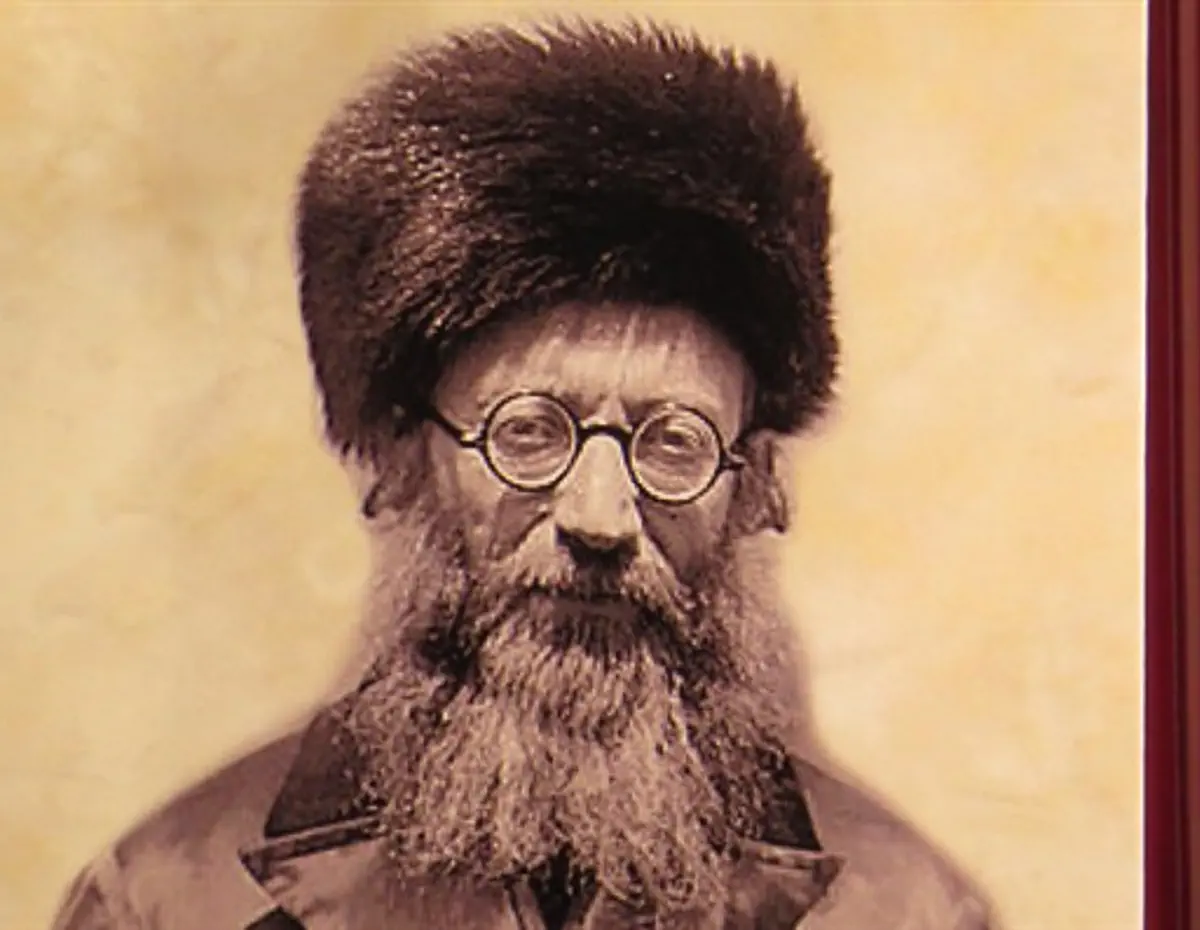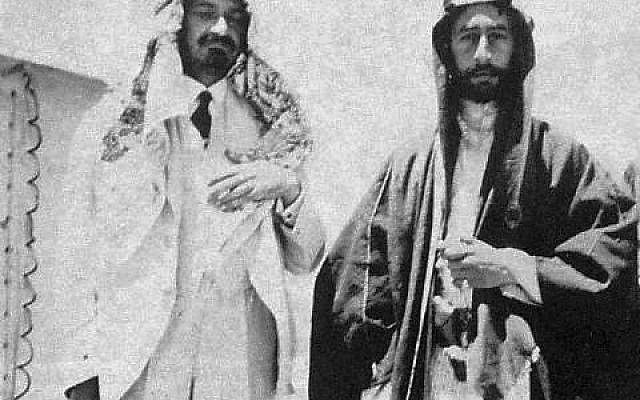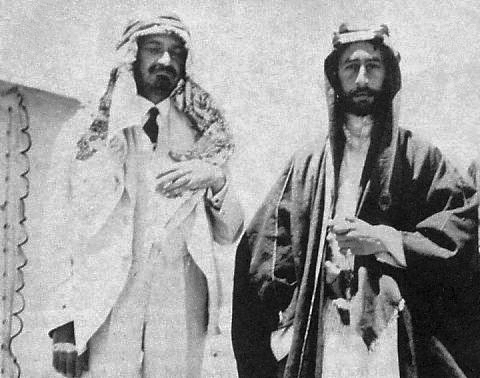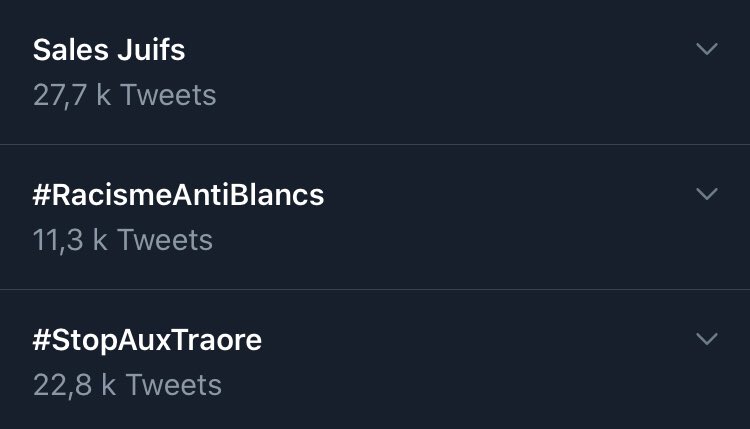I recall reading several years ago a story in the Jewish PressEmor: Agents of holiness
Dvar Torah for Shabbat by Israel's first Asheknazi Chief Rabbi, Torah Luminary and iconic leader of Religious Zionism.
The Talmud in Nedarim 35b describes the kohanim as sheluchei didan, our agents. When they perform the Temple service, the kohanim act as our emissaries.
Yet this idea - that the kohanim act as agents for the Jewish people - appears to violate the legal definition of a shaliach. An agent acts on behalf of the one sending him (the principal), executing his wishes. The agent, however, can only do that which the principal himself is authorized to do.
So how can the kohanim perform the Temple service on our behalf, when we as non-kohanim are not permitted to serve there?
Potential vs. Actual
The parashah opens with a set of special directives for kohanim: “God spoke to Moses: Tell the kohanim, the sons of Aaron...” (Lev. 21:1). The text appears repetitive - “the kohanim, the sons of Aaron.” Why does the text need to emphasize that the kohanim are descendants of Aaron?
These two terms - “kohanim” and “sons of Aaron” indicate two different aspects of the special sanctity of kohanim. The first is an intrinsic holiness, passed down from father to son. The phrase “sons of Aaron” refers to this inherent holiness.
The second aspect is an additional layer of holiness as expressed by a kohen’s actual service in the Temple. This aspect is designated by the term “kohanim.” The verb le-khahein means “to serve,” so the word “kohanim” refers to their actual service in the Temple. Thus the term “sons of Aaron” refers to the kohanim’s inherited potential, while “kohanim” refers to their actualized state of priestly service.
The Chalal
Usually a kohen will have both potential and actual kohanic-holiness. Yet there are certain situations that allow us to distinguish between the two.
A kohen is forbidden to marry a divorced woman. Should he nonetheless marry a divorcee, his son falls into a special category. He is called a chalal, from the word chilul, “to defile holiness.” Despite his lineage as the son of a kohen, a chalal may not serve in the Temple.
Yet if a chalal went ahead and offered a korban, his offerings are accepted after the fact (Maimonides, Bi'at Mikdash 6:10). This is quite surprising. In general, a chalal has the legal status of a non-kohen. If a non-kohen brought an offering, his service would be disqualified. Why are a chalal’s offerings accepted?
The distinction between potential and actual kohanic status, between “sons of Aaron” and “kohanim,” allows us to understand the unusual status of a chalal. Due to the fact that he is the son of a divorcee, he has lost the actualized sanctity of a functioning kohen. But he still retains the inherited sanctity as a “son of Aaron.” 1 This intrinsic sanctity cannot be revoked. Therefore, while a chalal should not serve in the Temple, his offerings are accepted after the fact.
The Sages derived this ruling from Moses’ blessing of the tribe of Levi:
“May God bless his strength (cheilo), and favor the acts of his hands” (Deut. 33:11).
Even the acts of those who are chulin, who have lost part of their kohanic sanctity, are still acceptable to God (Kiddushin 66b).
Our Agents
We may now understand the description of kohanim as sheluchei didan, “our agents.” How can they be our emissaries in their Temple service when we ourselves are forbidden to perform this service?
In fact, the Torah speaks of the entire Jewish people as “a kingdom of kohanim” (Ex. 19:6). And Isaiah foresaw a future time in which “You will be called God’s kohanim. They will speak of you as the ministers of our God” (Isaiah 61:6).
Non-kohanim may not serve in the Temple, for they lack the holiness of actual priesthood. Yet every Jew has the quality of potential kohanic holiness. Because this inner holiness will be revealed in the future, the entire people of Israel are called “God’s kohanim.” And it is due to this potential holiness that the kohanim are able to serve as our agents and perform the Temple service on our behalf.
Israel’s Future Holiness
This understanding of the role of kohanim sheds a new light on the ceremony of Birkat kohanim, the special priestly benediction (as described in Num. 6:23-27). The purpose of their blessing is to awaken the latent kohanic holiness that resides within each member of the Jewish people. As the kohanim extend their arms to bless the people, they reach out toward Israel’s future state of holiness. Their outstretched arms - their zero'a netuyah - point to a future era, whose seeds (zera) are planted in the present.
“Via the established sanctity of kohanim in the nation, the entire nation will come to be a complete “kingdom of kohanim and a holy people” (Olat Re’iyah vol. I, p. 61)


Emor: Agents of holiness
Dvar Torah for Shabbat by Israel's first Asheknazi Chief Rabbi, Torah Luminary and iconic leader of Religious Zionism.www.israelnationalnews.com
about a young woman who sincerely converted to Judaism for the sake of heaven. She falls in love with a Jewish man -- naturally, who else would she fall in love with, a Buddhist? -- and they decide to get married. Before the wedding they go visit the cemetery where the man's grandparents are buried. Upon reading the lettering on the gravestone, she realizes that her prospective husband is a kohen. She remembered reading in her Judaic studies something about a kohen being forbidden to marry a proselyte; they go to a rabbi to make sure, and with a heavy heart the rabbi assures them: "Yes, as a kohen, he is prohibited from marrying you." With tears streaming down her face, the young woman turns to the man who was to be her husband and tells him to please never to call her again, and she rushes out the door.
The story tears at the heart. What ever became of this virtuous, young woman, who for the sake of heaven (Halakhah) abandoned love? Did she ever marry ... or, like many of the walking wounded, hide her countenance from ever finding love again? One can only hope for the former, and may her children be Torah scholars!
I think you got that wrong-----a cohen CAN marry
a convert-----what he cannot marry is a jew of illegitimate birth or a divorced jew



